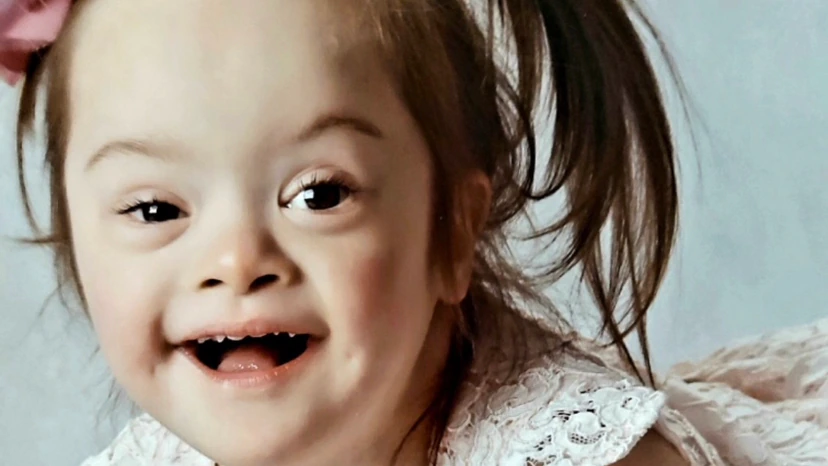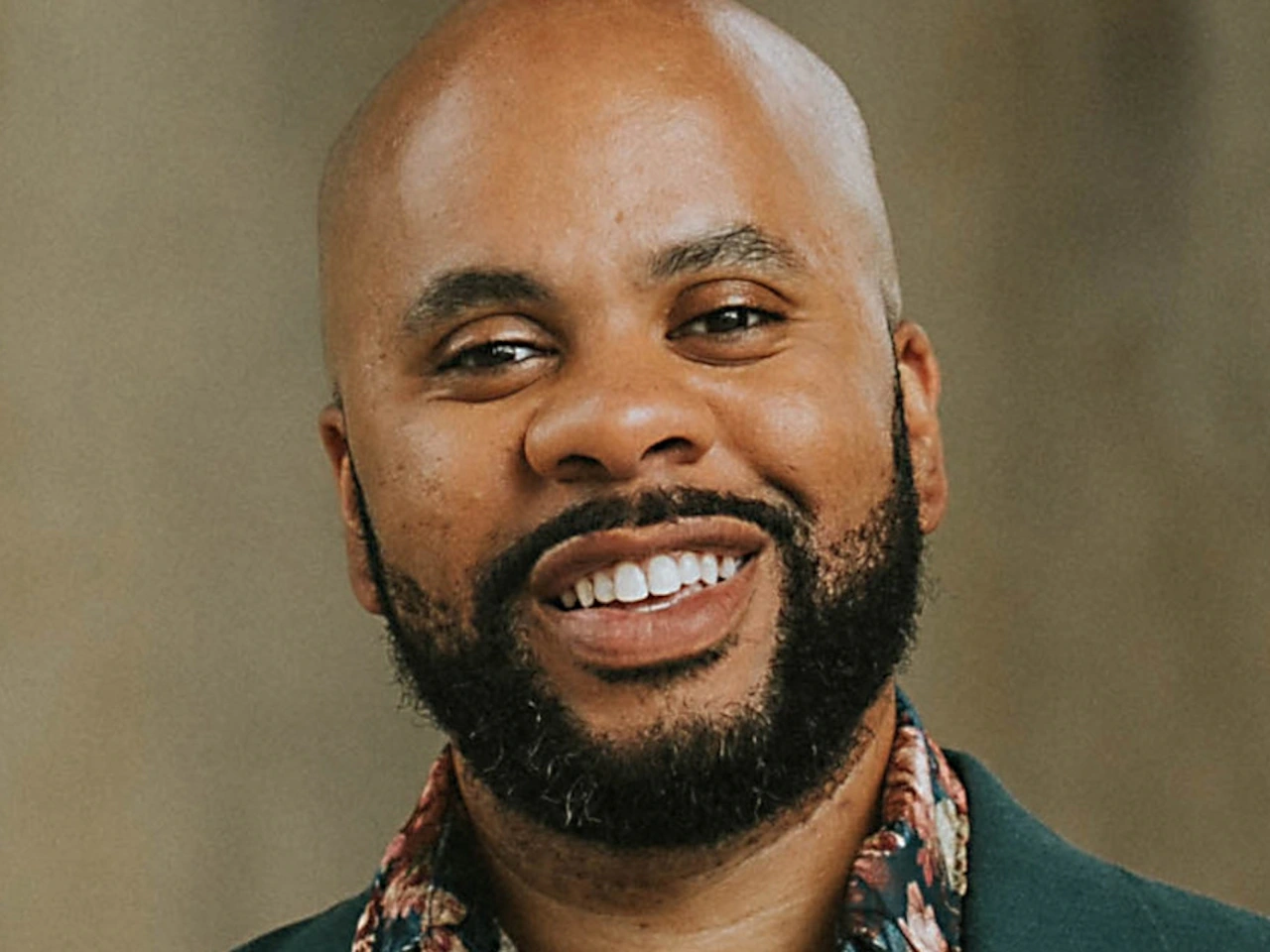By Shannon Schubert
Copyright abc

The mother of a three-year-old girl who died with sepsis has called for health professionals to do better, after a coroner found she was not given reasonable medical treatment.
Miranda Jowet took her daughter, Dio Kemp, to Monash Medical Centre in Melbourne’s south-east four times and also visited her local general practice twice over 10 days in November 2019.
The toddler initially had diarrhoea and a rash, which later worsened, with a fever and uncontrollable crying.
Dio, who had Down syndrome, died on November 29, 2019.
The Coroner’s Court today found the care provided by doctors at Monash Medical Centre in the lead up to her death ‘was not reasonable’.
Speaking outside court, Ms Jowet spoke of the anguish of her daughter dying in her arms.
“I watched Dio die in front of me, and my son and I will never forget the desperate attempts to resuscitate her tiny body,” she said.
On the four occasions she presented to Monash Medical Centre’s emergency department, Ms Jowet was told to give her daughter paracetamol and keep her fluids up.
“I urge doctors to set aside assumptions and truly listen to parents,” Ms Jowet said.
In findings released today, Coroner Paresa Spanos found the care provided by doctors at Monash Health during the toddler’s final two presentations was ‘not reasonable’ by current standards.
The coronial inquest investigated whether Monash Health complied with its protocol to review cases of patients who returned to the emergency ward within 72 hours.
Ms Jowet said she felt medical professionals did not listen to her and should have prioritised her daughter’s care.
“People with an intellectual disability must be given the highest priority,” she said.
Care at hospital ‘not reasonable’
While the coroner found Monash Medical Centre did not provide reasonable care to the toddler during the final presentations before her death, she found the care provided earlier was reasonable.
“Her initial illness with its associated symptoms of diarrhoea and rash were caused by a viral infection,” Coroner Spanos said.
She last presented to the hospital on November 23, six days before she died.
Coroner Spanos said the evidence suggests she developed sepsis three days before her death.
The court heard Monash Health has undertaken an internal review and improved practices.
A Monash Health spokesperson said it will review the findings and consider any recommendations.
Emotional plea for sepsis training
Dio Kemp’s uncle Paul Oliver called on Monash Health to listen to parent’s concerns and improve training in the recognition of and treatment of sepsis.
“Parents know when our kids are unwell. We know instinctively long before any clinical markers become present,” Mr Oliver said.
He said Monash Health needed to do better and he wanted to see better sepsis training for medical professionals.
“It is our sincere hope that Monash will now listen and implement any recommendations.
“We don’t want to see other parents go through this.”
He mentioned the death of two-year-old Lachlan Black who also died from Sepsis after presenting to the Monash Health emergency department.
In 2017, a coronial inquest recommended Monash Health implement a policy to re-evaluate patients who return to the emergency department within 72 hours.
Ms Jowet said it was not acceptable for health services to repeatedly send sick children home.
“The joy [Dio] brought to my life is irreplaceable,” she said.
“I miss her every morning when I wake up and every night when I go to sleep.
“I will never forget the pain she endured.”



